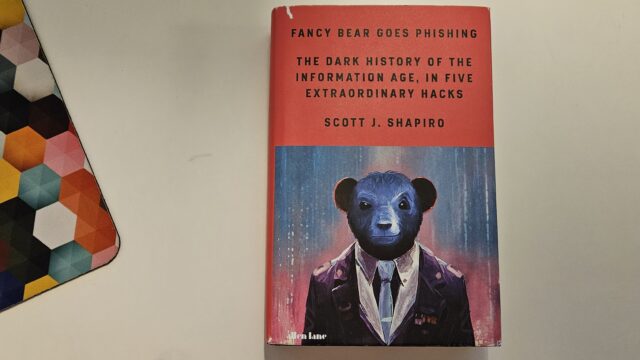Sinea deterrendae sunt – China must be deterred. That is the maxim of World on the Brink: How America can beat China in the race for the Twenty-First Century by Dmitri Alperovitch (and Garrett M. Graff). The title is self-revelatory, because the book is mainly about China, the United States and Taiwan.
Book review: The Alignment Problem
Probably you’ve heard about reinforcement learning in conversations on AI. It originates from psychology and animal behaviourism, like so many other parts of the field of AI (neural networks and temporal differences are two others), while others touch philosophical issues and conundrums humans have pondered on for centuries. Brian Christian, like Johan Harri, travels the world to interview lots of people about how to get machines to understand and obey humans.
Evaluating gender among minorities in relation to the CHIPS and Science Act
Recently we produced three papers during a course on policy analysis, one of which I wrote about the American legislation The CHIPS and Science Act, gender and race.
Book review: Stolen Focus
“How to slow down in a world that is speeding up?” Johann Hari writes in the book Stolen Focus: Why You Can’t Pay Attention – and How to Think Deeply Again. He outlines twelve problems for our individual and collective attention span, ability to focus.
At the parliament
A couple of weeks ago I visited the Swedish Parliament (Sveriges riksdag) to attend an award ceremony. My supervisor got the School for social sciences at Södertörn University to nominate my bachelor’s thesis for an award issued by the Swedish Parliament.
On long, hard thoughts
Right now The Ezra Klein Show has a series of podcast episodes on artificial intelligence (just like early 2023). Yesterday I listened to the discussion with Nilay Patel (of course I recommend it). Among the things they discussed was how hard thinking was at risk of being discarded with the introduction of A.I. programs such as ChatGPT 4 or Claude.
Book review: How To Do Nothing
Jenny Odell, an artist and former teacher at Stanford University, wrote a book on how to do nothing (resisting the attention economy), published in 2019, on… many things. Usually, it’s classified as related to technology (and/or science), which can confuse a reader like me, because it’s not about merely about tech’s (contemporary) inherent obsession with attention, but about being present, bonding with and relating to other beings, forgetting yourself.
Technoreligion: youth and grown-ups
It’s fascinating how much the grown-ups want to keep squeezing their own phones. No matter how much youth suffer or are exposed, we simply can’t let go of the screen ourselves. When will it stop?
The debate on hybrid warfare and Russia
During the conference Society and defense (Folk och Försvar), the Supreme Commander of the Swedish Armed Forces said that the Swedish people must acknowledge the contingency of war. It caused an outcry. Presumably, this is posed as a fact to make people realize that we cannot be the ever-present observer, never involved or engaged in truly troublesome things with exogenous causes. We tend to have an immunized perception of catastrophes. What disturbs me is rather how the term of hybrid warfare is used. It’s misleading, to say the least.
Book review: Fancy Bear Goes Phishing
As soon as I noticed a book published with this savvy title this year, I knew I had to read it: Fancy Bear Goes Phishing: The Dark History of the Information Age, in five Extraordinary Hacks. In his youth, Scott J. Shapiro spent much time with computers, but later chose a career in philosophy and law. When writing about cyberwar, he returned to computers, re-learning programming and computer science. Attempting to answer the simple questions of why the Internet is insecure, how do hackers exploit insecurity and how they can be prevented, or at least decreased in numbers, Shapiro takes us on a journey with five stops, from the late 1980’s to the hacks of the Democratic National Committee and the Minecraft wars.




